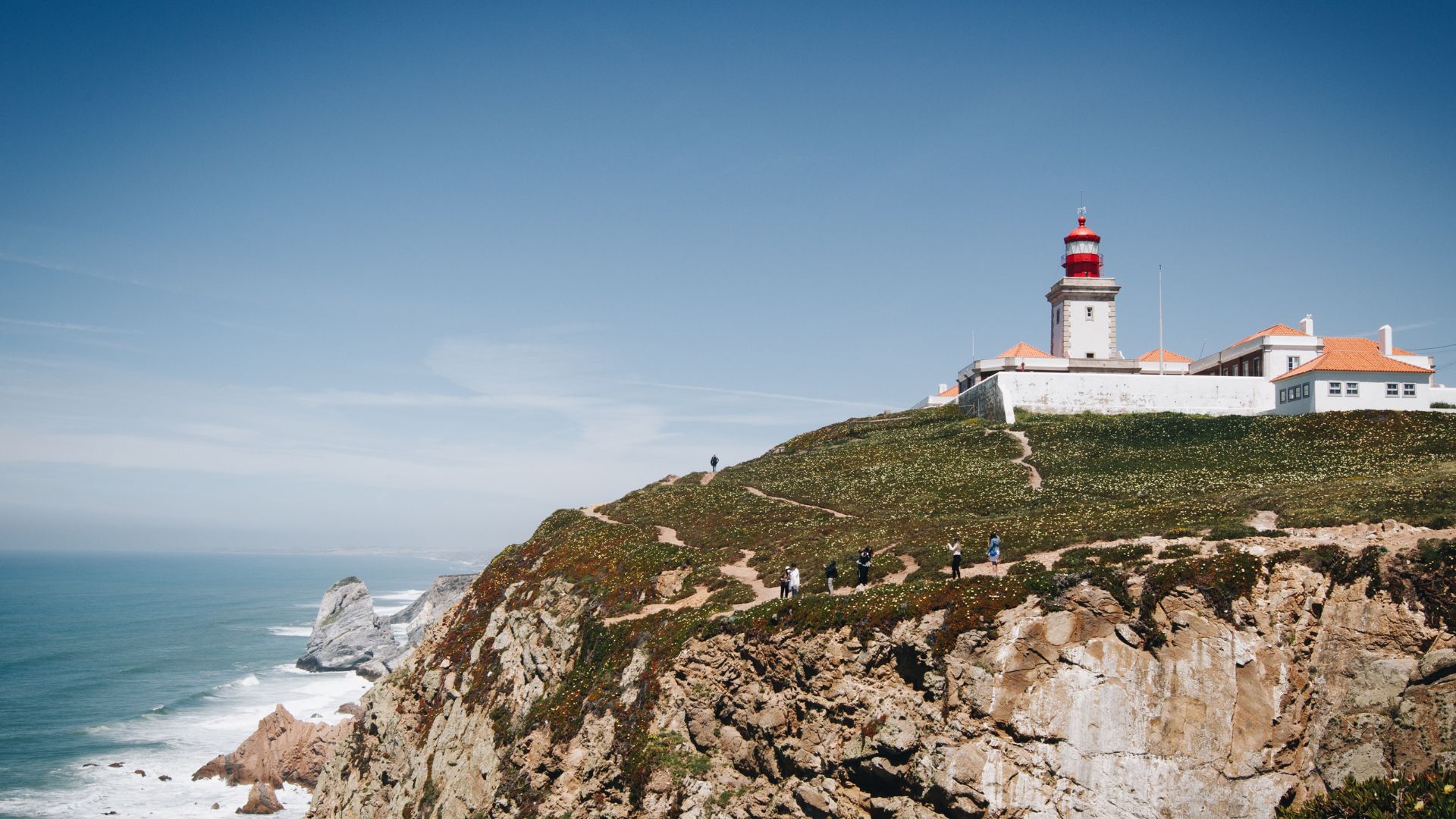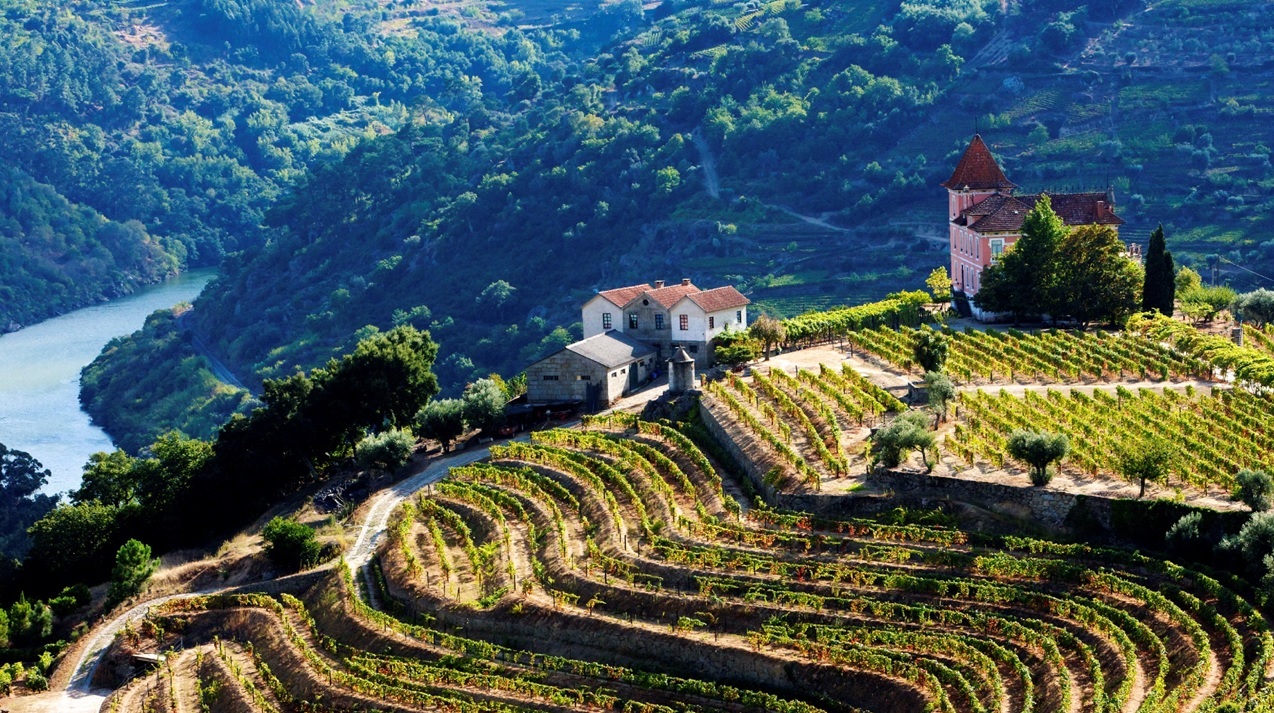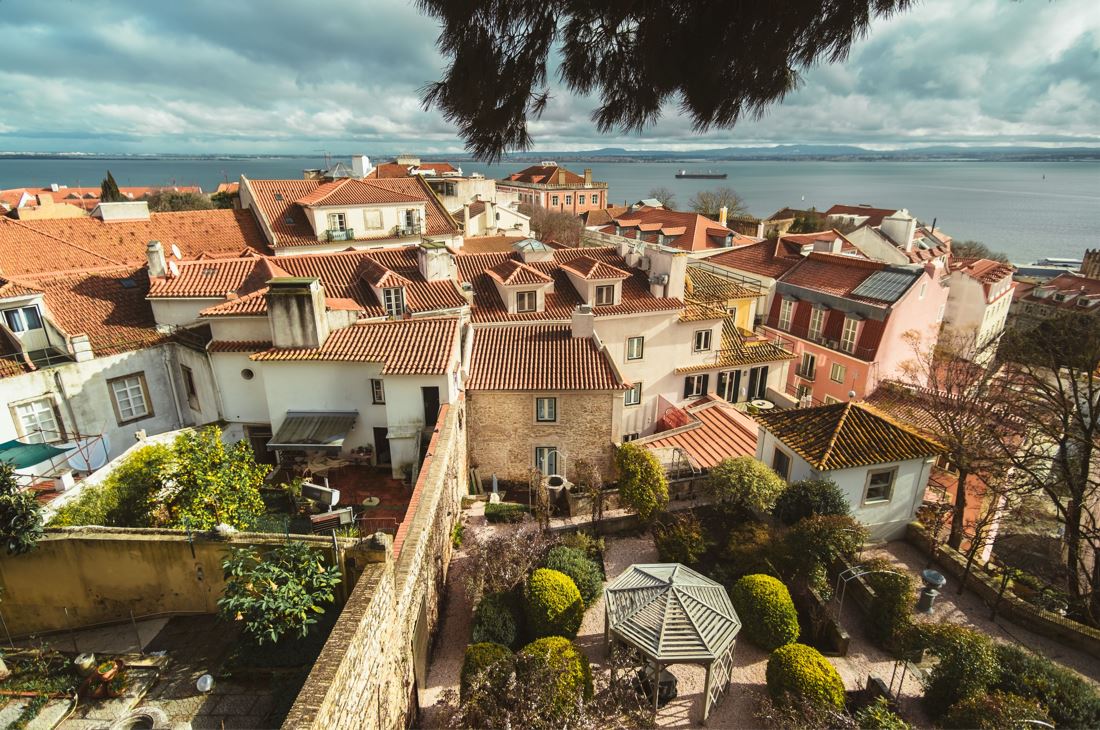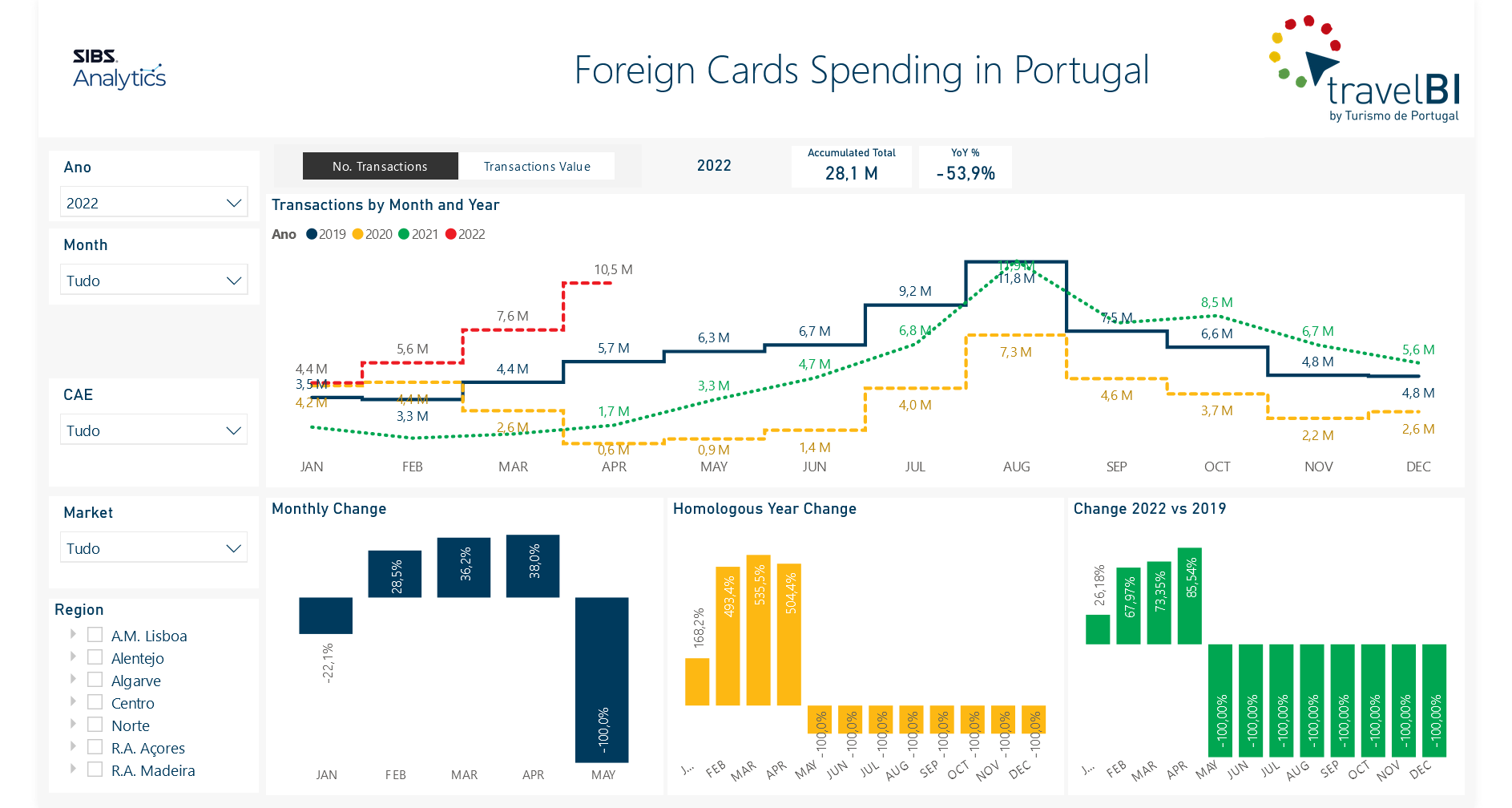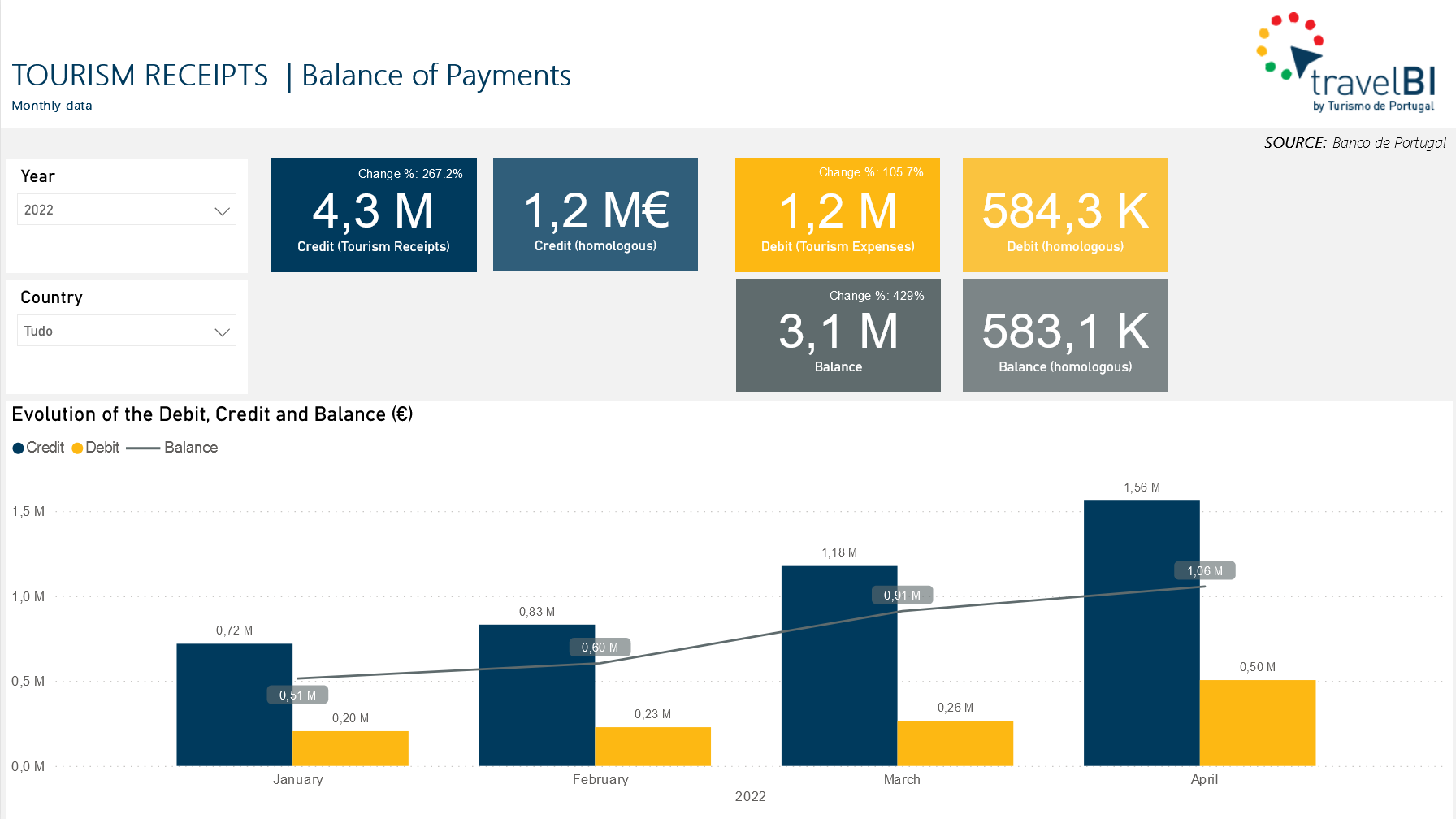Publication
World’s Best Vineyards | 2024
World’s Best Vineyards recently released the 2024 ranking of the 100 best wine tourism units worldwide. Wine tourism is a kind of tourism that has been increasing its importance both in Portugal and on the global stage. This product involves visits to wineries, vineyards and wine regions, where visitors can try local wines, learn about the production process and about the culture and traditions of the regions.
In Portugal, wine tourism is a strategic activity for the tourism sector and for the local economy of wine regions. With a rich winemaking tradition dating back centuries and emblematic regions such as Douro, Alentejo, Dão, and Vinhos Verdes, the country is one of the most sought-after destinations for wine lovers from all over the world. The diversity of terroirs and native grape varieties makes Portugal a unique destination to explore authentic, high-quality wines. Furthermore, wine tourism contributes to the preservation of local culture and traditions, while boosting the regional economy, promoting job creation and sustainable development.
On an international scale, wine tourism also growing in the tourism sector. Countries such as France, Italy, Spain, the United States and Argentina are major destinations and attract millions of visitors every year. This type of tourism is especially valued because it promotes experiential tourism , which is on the rise. By engaging the senses and providing a more personal experience, wine tourism offers tourists a deeper connection with the destination. This type of tourism also has a multiplier effect on the economy, as it positively impacts areas such as gastronomy, hotels, transport and local crafts.
Furthermore, wine tourism contributes to environmental and sustainability awareness, as many wine producers adopt sustainable practices to attract an increasingly conscious public. With the increase in demand for environmentally friendly travel,, producers and wine regions have implemented ecological and sustainable cultivation techniques, promoting a positive impact on environmental preservation.
In short, wine tourism is an activity with the potential to strengthen the economy, preserve cultural and environmental heritage, and enrich the tourists’ experience. In Portugal, where wine is part of the national identity, this tourism product not only celebrates the rich history and quality of Portuguese wines, but also positions the country as a prominent destination in global wine tourism.
Compared to the previous edition, the countries that already topped this ranking last year remain in the lead, with a four-way tie: Spain, France, Argentina and Portugal, all with more than 10 nominees. Portugal strengthenedits position, increasing the number of vineyards nominated from 9 to 11. It is followed by Italy and Chile (6) and New Zealand, the United States of America and Germany (5).

By continents, Europe absolutely leads with more than half of the total choices (56), followed by the Americas (26) and Oceania (8). On the European continent, most vineyards are in southern countries, which include Spain (13), France (12), Portugal (11) and Italy (6). Outside Europe, only Argentina (11) and Chile (6) achieved a high number of wineries chosen.
It is worth noting that while high quality is a hallmark of all projects, in the Portuguese case this same quality is even more recognized, as 3 of the 11 projects were ranked in the Top-50.

Source: World’s Best Vineyards, 2024




